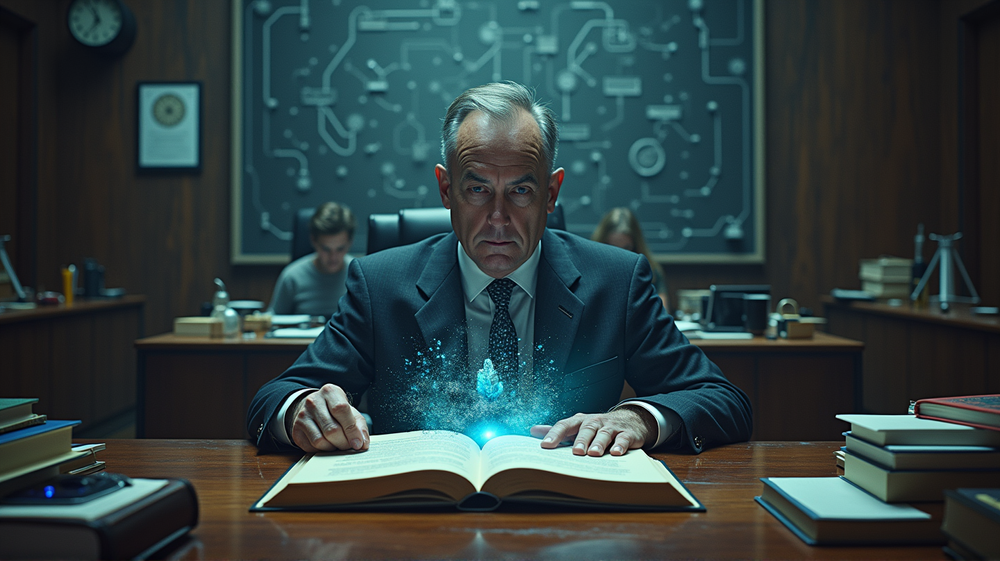Prelude to a Storm
The recent dismissal of Shira Perlmutter, the U.S. Copyright Office director, sent ripples through the policy and tech communities. Many linked it directly to her recent stances on generative AI and copyright law. Her report had raised significant questions about whether AI companies could legally use vast amounts of copyrighted data without compensating creators.
As stated in CyberScoop, the copyright office’s findings cast doubt on AI companies’ claims of ‘Fair Use’ exemptions. The report urged regulators to scrutinize more closely what constitutes acceptable use of copyrighted material, especially during AI’s “pre-training” phase, where massive datasets are employed.
Challenging Prevailing Paradigms
The report distinguished between uses of data for research or nonprofit purposes and commercial exploitation by AI companies. Deploying AI models with rich copyrighted content could undermine markets for expressive works. This radical shift in the legal landscape puts firms like OpenAI, Anthropic, and Meta under a magnifying glass.
High-profile cases involving accusations of mass intellectual property theft are challenging AI companies’ practices globally. While OpenAI protests the training of models by Chinese companies on their outputs, their own methodologies face intense scrutiny for allegedly using protected works without sufficient alteration.
Industry Pushback and Counterarguments
Industry experts questioned the report’s implications, fearing it could stifle innovation. Adam Eisgrau from the Chamber of Progress highlighted a contradiction: while promoting progress is a constitutional aim of copyright law, stringent interpretations might hinder the advancements generative AI promises.
On the flip side, the legal community emphasized that fair use is a judicial, not an executive decision. This differentiation underscores potential appeals and legal battles as individual cases emerge.
The Foreseeable Future of AI and Copyright
Elon Musk and other tech titans are at the forefront, with apparent lobbying efforts influencing political decisions. Perlmutter’s dismissal fuels speculation about the influence of powerful AI proponents in shaping copyright policy. As AI continues to rewire economies and industries, the conversation around intellectual property evolves alongside it.
Political Reactions and Legal Ramifications
Rep. Joe Morelle described Perlmutter’s ouster as “a brazen, unprecedented power grab.” This political maneuvering indicates an intense battleground where legal, ethical, and technological forces collide. The unfolding scenario hints at broader implications for AI regulation, posing the question of how policymakers will balance innovation with the protection of original creators.
Conclusion: An Ongoing Debate
Perlmutter’s situation brings to light the complexities surrounding AI’s rapid development and its interaction with legacy legal structures. The decisions made now will likely reverberate across industries, determining how creators, companies, and consumers coexist in a technology-driven future.
In this nuanced battle over AI and copyright, stakeholders on all sides watch closely, understanding that the outcomes realized today may well define the technological landscape of tomorrow.













